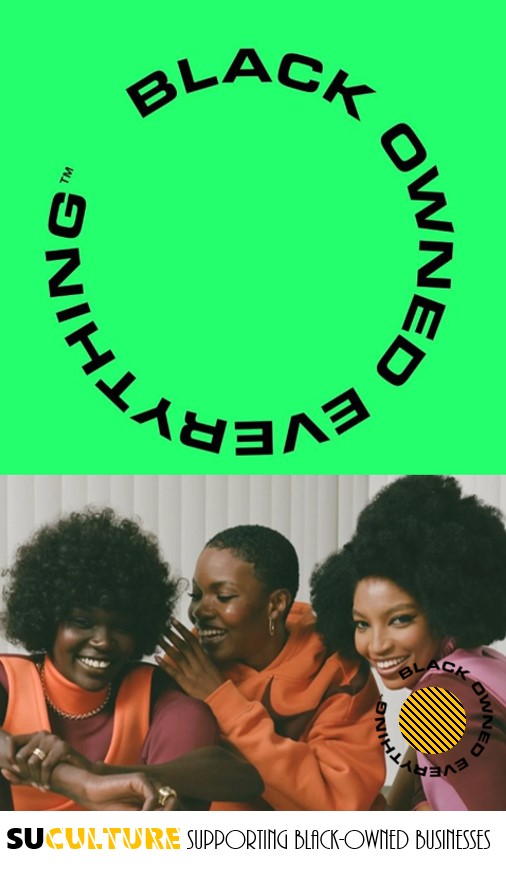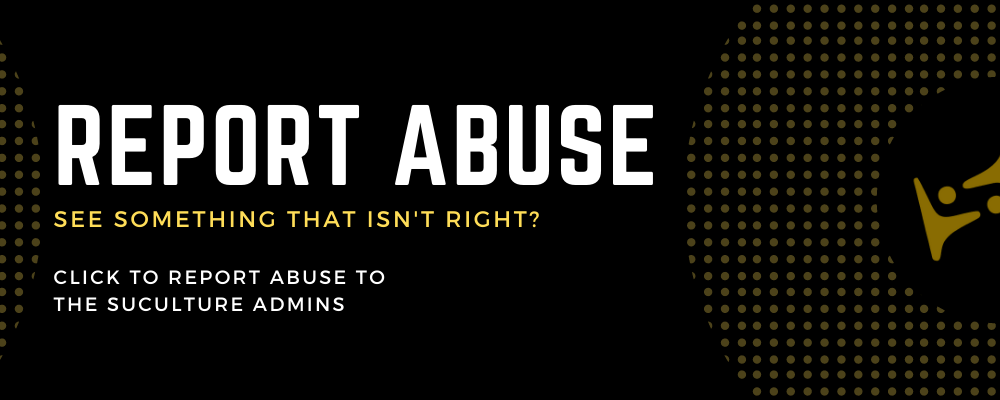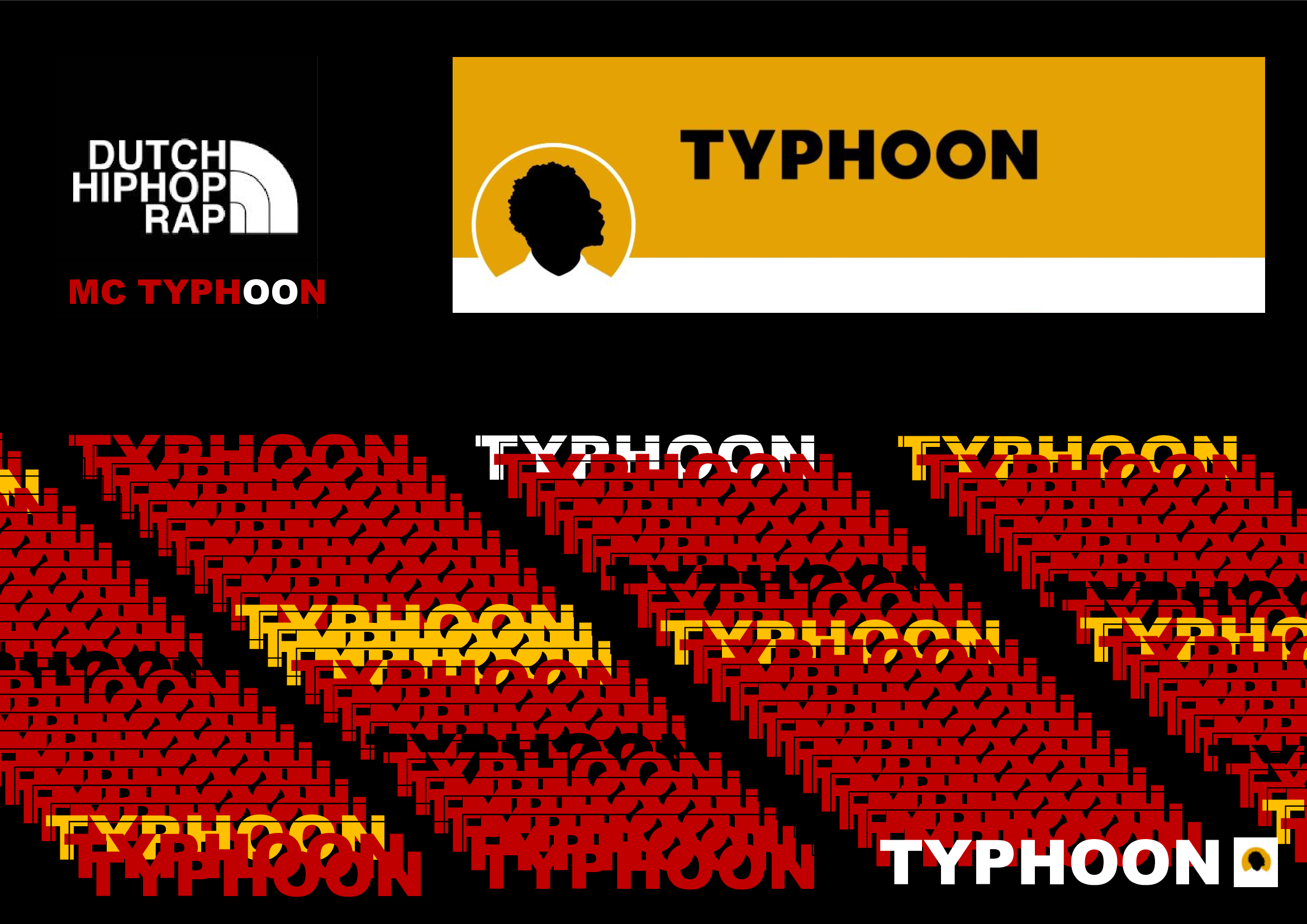-
AuteurDes articles
-
-
le
Intersectionality
challenge of
workplace
microaggression for
Black women in
leadership.

L’impact omniprésent de l’intimidation au travail sur Les femmes noires aux postes de direction is an insidious occurrence that permeates organizational structures, causing Black professional women to contend, and navigate a number of deeply entrenched issues.
The Intersectionality Challenge:
Black women in leadership roles often find themselves navigating a complex intersection of identities, rendering them susceptible to a heightened degree of ingrained prejudices, coupled with subtle microaggressions, which fosters a workplace culture that is tolerated, goes unchallenged and in some instances, normalized.
While overt acts of bullying are egregious, the experiences of Black women in leadership institutions often involve more subtler forms of aggression, manifested through covert expressions of prejudice, such as dismissive comments, stereotypes, gaslighting et exclusionary practices, which collectively erode the professional confidence and morale of Black women, impeding their ability to lead effectively, & impacting their professional advancement.
This not only perpetuates an inequitable professional landscape but also deprives organizations of diverse perspectives et leadership styles.
Psychological Toll:
The psychological toll of systemic workplace biases, not only compromises the overall well-being of Black women, but contributes to a pervasive sense of isolation and impacts the professional trajectories of black women into efficacious/embedded leadership positions.
The below Op-Ed, by the Chief Content Officer de Essence Communications Inc, God-is Rivera, on the issue, further elucidates the impact of workplace discrimination on Black women in leadership roles, sadly, in 2024.
Essence.com = OPINION: Dr. Antoinette Candia-Bailey:
https://www.essence.com/op-ed/opinion-dr-antoinette-candia-bailey-death-empathetic-leadership/
Solutions and Conclusion:
Addressing the pervasive issue of workplace bullying against Black women dans leadership positions requires a comprehensive and proactive approach.
Protecting Black women, and empowering them to reach their full potential encompasses Collective Advocacy, Visibility, Recognition et Amplifying Black Voices, which intentionally challenges stereotypes, and preconceived notions about capacity – building resilience and providing Black women in leadership a united front to contribute their insights, and influence policy development in work, and institutional environments.
SUCULTURE.
-
@SUCULTURE Thank you for publishing this. What Dr. Candia-Bailey and others have experienced is sadly the reality for most Black women professionals in the US, UK, Europe and elsewhere. The health and cost implications are far too great to ignore. As mentioned in your article, these stories must inspire us to do more, and be more intentional in Collective Action.
C.
-
-
AuteurDes articles
Vous devez être connecté pour répondre à ce sujet.









